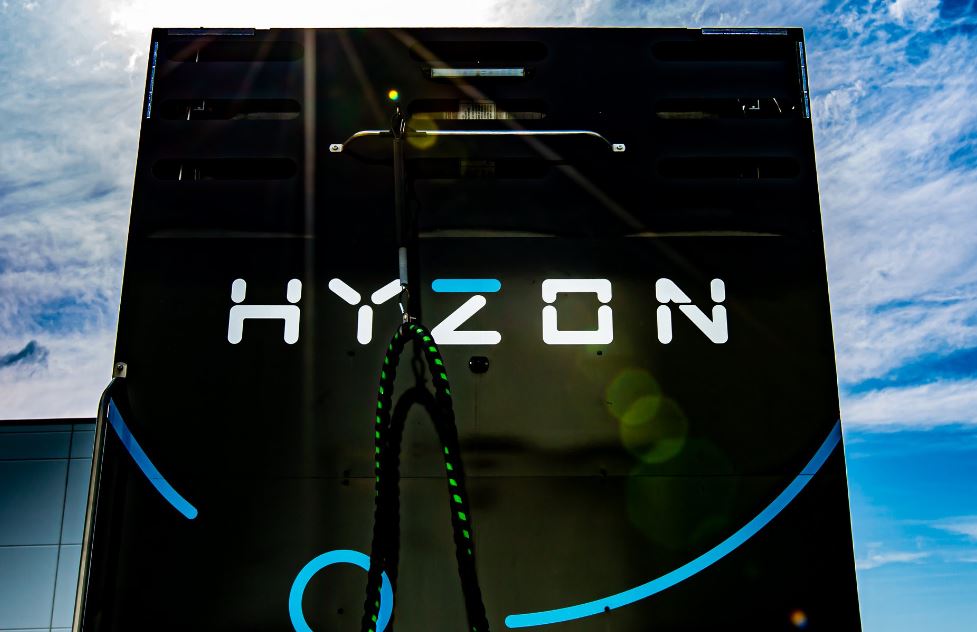Hyzon Motors has announced a strategic realignment to focus on its core North American markets and the refuse industry.
This move follows a comprehensive review of the company’s operations and aims to position Hyzon’s zero-emission power solutions at the forefront of the most demanding industries.
Hyzon’s realignment involves narrowing its focus to North American markets and the refuse industry. This decision aligns with their efforts to secure capital, for which they have engaged PJT Partners as financial advisors. The exploration of strategic options, including potential sales or divestitures of their European and Australia/New Zealand businesses, highlights a significant shift in Hyzon’s operational strategy. This restructuring is expected to streamline operations and concentrate financial resources on core markets.
In the context of the hydrogen energy sector, Hyzon’s focus on North American Class 8 and refuse truck platforms is noteworthy. The hydrogen fuel cell market is highly competitive, with major players like Nikola and Toyota investing heavily in similar technologies. Hyzon’s emphasis on its single stack 200kW fuel cell technology aims to carve out a niche in this competitive landscape. However, the success of this technology will depend on its performance in upcoming large fleet trial programs in the U.S. and Canada.
Hyzon’s ability to secure strategic partnerships will be crucial for its success. Collaborations with waste management companies, government entities, and other stakeholders in the refuse industry could provide the necessary support for large-scale adoption of hydrogen fuel cell technology. Furthermore, partnerships with financial institutions and investors will be essential to sustain the capital-intensive nature of hydrogen technology development.
The potential sale or divestiture of Hyzon’s international businesses could free up resources for reinvestment in core markets, but it also poses risks. Losing a foothold in Europe and Australia/New Zealand might limit Hyzon’s global influence and market diversification. However, if the North American focus proves successful, it could serve as a model for future expansion once the company stabilizes its financial footing.
